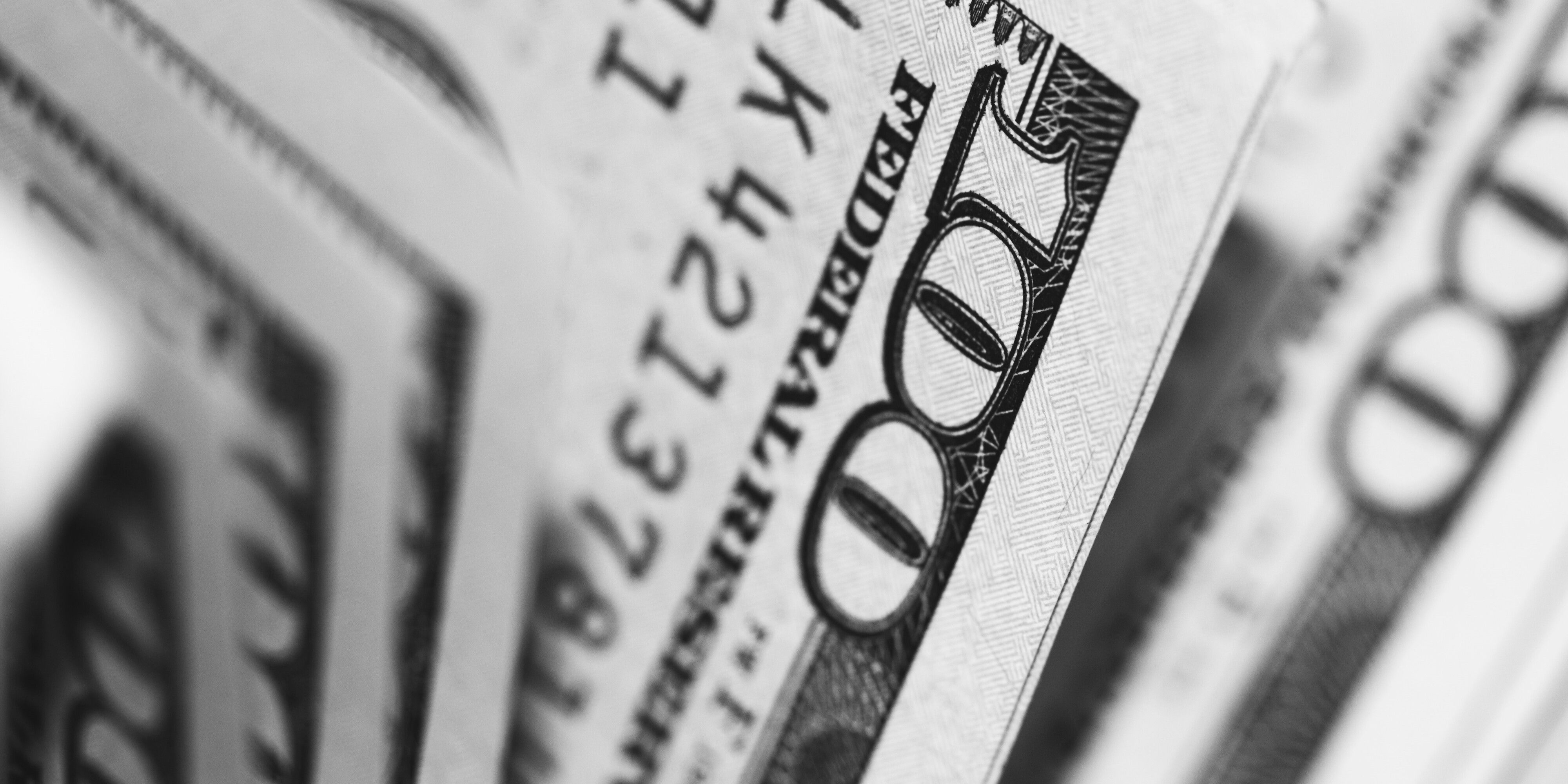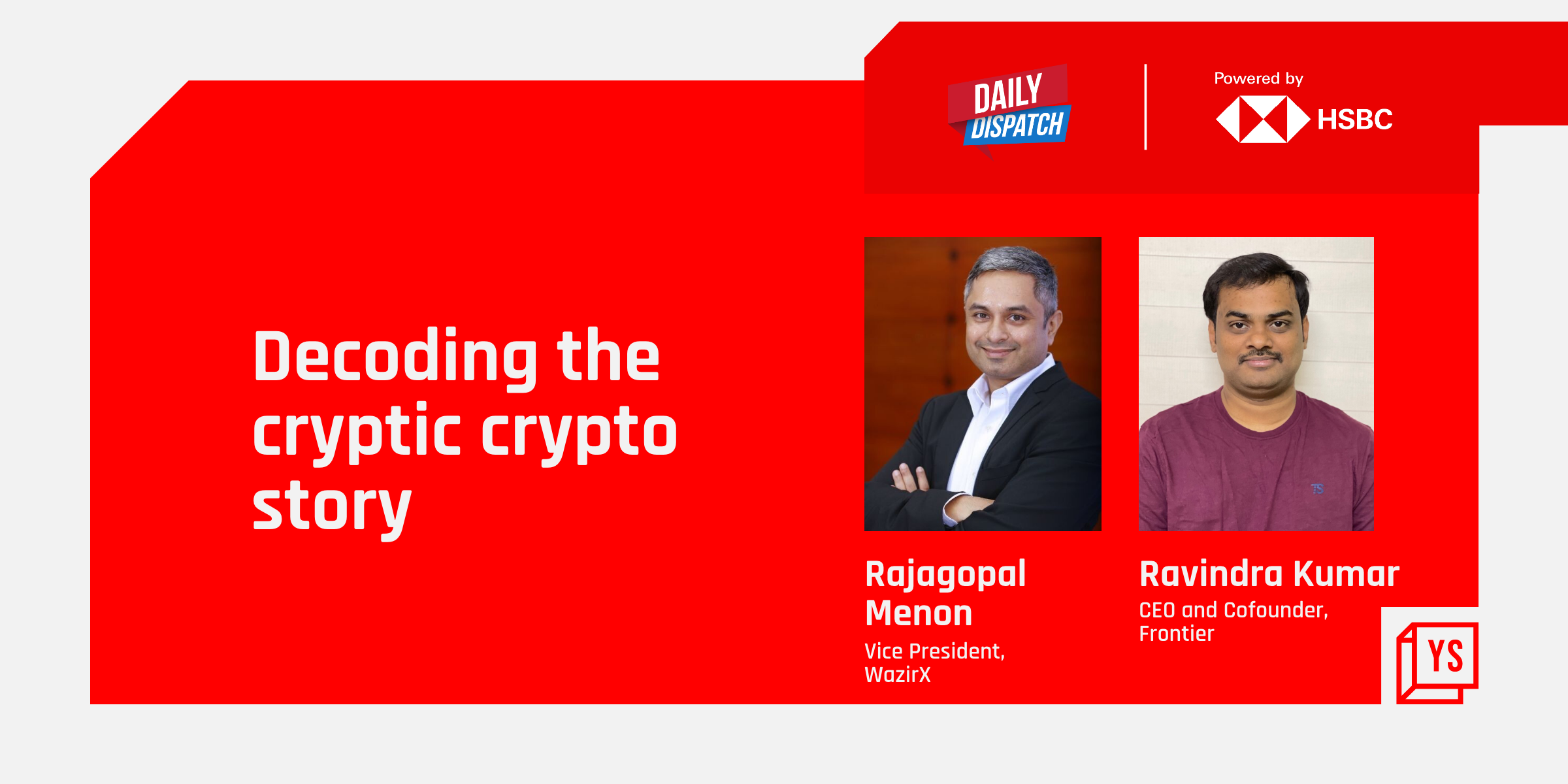A writer’s dilemma: the battle between the creative angel and the devilish editor
When you’re a writer tasked with filling up pages with fresh and interesting insights on a certain topic, the thrill of the pen on seemingly limitless paper space can get you into a wonderful flow. You are given the chance to pour out your thoughts into form and then present them to the world to consume. However, when you are tasked with editing your own copy, the shift from creative writer to scrutinising editor is no simple feat.

Several professionals have theatrically referred to this dilemma as the battle between the ‘creative angel’ and the ‘devilish editor’. This is a nod to the popular idea of a miniature angel appearing by a person’s side, urging them to do the right thing, only to be countered by a miniature devil on the other side. Movies, sitcoms, and even literature have propagated this metaphor countless times, and we’d like to follow suit.
A writer penning down their fresh first draft is encouraged by their creative angel to lay it all out on paper with no holds barred. The angel convinces the writer that every word that they aren’t putting forth is an idea wasted. On the completion of the first draft (which would understandably contain errors), the stage is set for the devilish editor, which compels you to ruthlessly strike out all the unnecessary matter and poorly-constructed sentences, no matter how pivotal you believe they may be to your argument.
Needless to say, editing your own copy is challenging. However, here are a few tips by which your devilish editor and the creative angel can call for a truce and help you produce the best version of your writing.
Take a break
The first thing you should do post-writing and pre-editing is to take a break from your work. You need this little time in between to loosen the hold of the arguments you have penned down and thus distance yourself from viewing your work as your own. This will allow you to edit the same copy with a more objective and practical mind, making it easier to strike out needless information.
Read it aloud
Reading a piece aloud is one of the most important parts of both writing and editing. This is because it is the closest rendition of how it will appear to the average and objective reader, who doesn’t know you or your line of thinking. It will allow you spot minor errors in grammar and sentence construction, and even identify any unnecessary material.
Pretend it’s someone else’s copy
This is possibly the most important and useful tip to employ. The human psyche is extremely playful in nature. While you may experience little to no pain while slashing out large chunks of another’s copy, you’ll be sure to experience it twofold when it comes to your own. Like everything else in life, we tend to get emotional about whatever belongs to us. So to detach yourself from the pain of seeing your words obliterated, simply pretend you are editing someone else’s work.
Make several edits of the same copy
While you may think that you’ve eliminated all the mistakes and unrequired information on your copy in the first round of editing, you still need to go over it once or twice more. This is because with every re-edit, your copy becomes crisper, thus improving readability.
All of these points point to the fact that you are, indeed, the master or mistress of your own fate and that the final call is yours to make.











